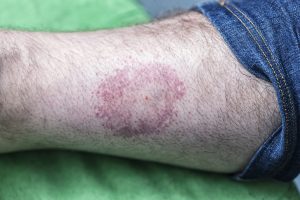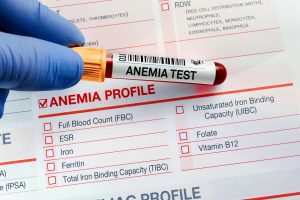Many people with asthma find that their symptoms worsen during the hot humid days of summer. This is fairly common and there are several reasons why this may occur:
- The poor air quality during the warm and hot weather is due to a rise in air pollutants which can make breathing more difficult.
- The high humidity which is often found during the warmer months can make it difficult to inhale air.
- Warm weather typically leads to an increase in allergens such as pollen, mold and dust mites.
- These can cause a release of histamines in the body which constrict the air passages.
- Heat puts stress on the lungs’ ability to inhale and exhale because the breathing passages narrow.
Here are some tips to keep asthma under control during the summer months:
- Try not to go outside during the hottest times of the day
- Stay in air-conditioned spaces as much as possible
- Keep allergies well controlled
- Avoid heavily chlorinated swimming pools
- Keep asthma medication handy
There are a few treatment options available for people who have been diagnosed with asthma. These include inhaler corticosteroids which reduce the inflammation in the airways. Some inhalers also contain corticosteroids and beta blockers which help to keep the airways open. Always discuss with your physician which option is going to be best for you. If you would like to schedule an appointment with a physician at Flushing Hospital Medical Center, please call 718-670-5486
All content of this newsletter is intended for general information purposes only and is not intended or implied to be a substitute for professional medical advice, diagnosis or treatment. Please consult a medical professional before adopting any of the suggestions on this page. You must never disregard professional medical advice or delay seeking medical treatment based upon any content of this newsletter. PROMPTLY CONSULT YOUR PHYSICIAN OR CALL 911 IF YOU BELIEVE YOU HAVE A MEDICAL EMERGENCY.










